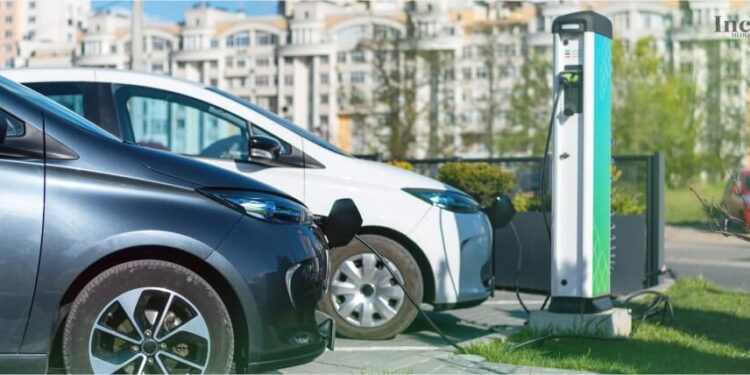The world has witnessed some fantastic transformations over the past 200 years. Amongst all these changes, one Industry that has completely revolutionized the modern world is the Automobile Industry.
The Evolution of the Electric Vehicle Industry
Especially with the alternate technology which uses ‘electricity’ powered by a battery in cars, one of the biggest revolutions of the 21st century has now started properly. This is the rise of the Electric Vehicle Industry.
Even though the technology of Electric vehicles has been available for the past 50 years, it is only recently that the concept has gained mainstream acceptance.
Electric cars were never a mainstream thing in the 19th century, but with Tesla introducing its car ‘Roadster’ in 2008, this new revolution in the Automobile Industry was set to happen.
The future as it can be seen
- Currently, there are around 5.1 million electric cars on the roads globally. By 2030 however, the International Energy Agency aims to increase this share of electric vehicles globally to 30%.
- The electric car or EV of the future is going to be a fully autonomous self-driving electric vehicle. It is also expected to meet the global goals for climate change.
- It seems like there’s an EV for everyone now as the prices are slowly beginning to drop. Plus, the world’s best-known car makers are full onboard the electric bandwagon.
- Battery Technology is continuously improving with denser cells, more affordable options, and more efficient battery packs. Lithium-ion batteries are everywhere today.
- Not surprisingly enough but NASA is now developing an electric aircraft. TESLA and SpaceX CEO Elon Musk is convinced that we’ll soon be flying in long-distance electric passenger planes in the future. To add on, major companies like Rolls-Royce, Boeing, and Airbus are all exploring aircraft electrification.
Signs that Electric Vehicles are the future
1. With the practicality of electric vehicles being location-dependent, EVS makes sense for urban areas with high congestion and shorter travel distances.
2. Hydrogen is available abundantly. So if human brains can find cost-effective ways to use it, it will make sense financially. Furthermore, the infrastructure is already available for home charging and workplace charging.
3. Electric vehicles will get ‘greener’ with time. As electricity production becomes more efficient, the carbon footprint of an electric vehicle will improve. Additionally, modern internal combustion engines are trending towards improving fuel economy. Switching to an EV is, in fact, the starting point of a bigger journey for people looking to reduce their environmental impact.
4. Analysts have estimated that the size of the EV battery Industry will grow to be around $75 billion by 2025. This will help electric vehicles to become cheaper and more efficient. Further, Battery Recycling, which companies like Tesla have already started, will be an important part of making EV production more sustainable.
Final thoughts:
The future of the Auto Industry is undoubtedly electric. The transformation of the Automotive Industry is bound to happen from gasoline vehicles to electric. With Governments taking up so many steps to boost it, EV is all set to be a future industry. Cheers to a more sustainable, greener, and faster future!!















 The Inc Media is one of the most renowned global Online Business Magazines, that carries news stories about entrepreneurship, small business management, and business. Being a global business magazine, we carve for influential stories and try to take them globally to uplift the business standards and educate the people about new innovations in the business world...
The Inc Media is one of the most renowned global Online Business Magazines, that carries news stories about entrepreneurship, small business management, and business. Being a global business magazine, we carve for influential stories and try to take them globally to uplift the business standards and educate the people about new innovations in the business world...